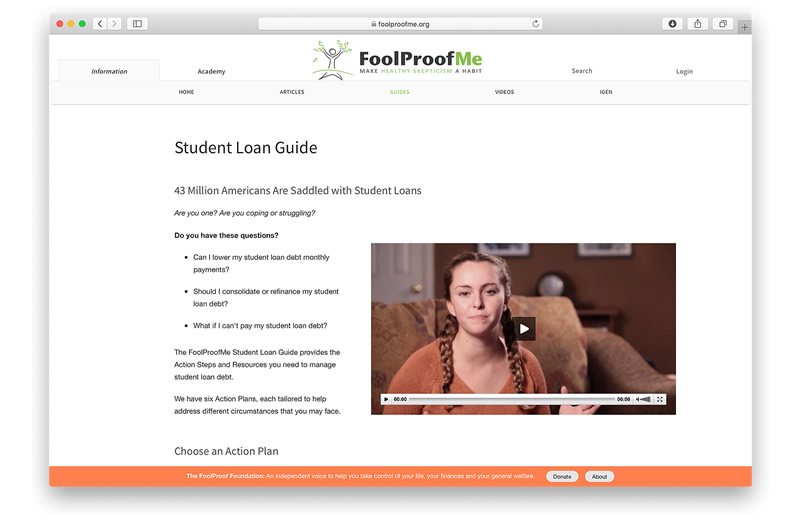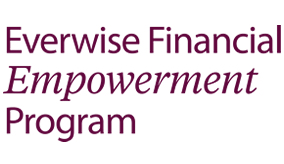The Value of Education
43 Million Americans Are Saddled with Student Loans.
Are you one? Are you coping or struggling?
Throughout life we face choices. But generally, the stakes are higher for the choices you make during and after college.
After choosing what college to attend or planning how you'll pay for it, selecting your college major may be the biggest decision you must make.
Everybody's Situation Is Different
While some people enter college knowing what they plan to be when they "grow up," many change their minds.
Other students are undecided or even completely stumped when the time comes to choose a college major.
Take me for example; I went to college thinking that I was going to become a dentist. So I planned to major in pre-dentistry, but four years later, I graduated with a degree in Public Administration.
Choosing a Major
Remember:
Degrees Are Flexible
And ask yourself these questions:
Why Are You Considering This Particular Major?
Answering this question may take longer than you think. You should go beyond the usual or obvious answers and really ponder why you want to pursue this major. Is this an area or subject you will enjoy studying for at least the next couple of years or a field where you want to make a career? Or are you considering a particular major because your family is pressuring you? Don't forget this is your life, and while you should respect the advice of others, you shouldn't choose a major solely because someone wants you to.
Will You Be Successful in This Major?
While you might want to become a brain surgeon, check out the required courses of study and degrees. Are you good at chemistry, physics, calculus and all the other premed classes you need to pass just to get to medical school? When considering a degree program, ask yourself if it's a degree program that you're going to be successful in?
I'm not saying take the easy road, but know your strengths and limitations. You have to be honest with yourself because if you're not suited for a particular profession, you could be doing a disservice to yourself and your potential clients or employers.
Have You Spoken with Anyone That Graduated with This Major?
You want to find out if this major enabled them to find a job in the field they planned. Are they are happy that they selected that particular major? Why or why not? Do they enjoy the field they are working in?
When I was an undergraduate, I considered going to law school. However, after speaking to a few people, I found out that lawyers have highest job dissatisfaction of all professions. After doing a bit more research, I found that recent law school grads also had high unemployment rates. I eventually decided not to attend law school. Even if you don't know anyone working in your intended profession, search job boards.
The great thing about the Internet is that there's a job board or Facebook group for practically everything.
Did You Know That Broad Majors Aren't Bad?
For a while, liberal arts degrees and business degrees were often not recommended because they were not "career oriented." But these non-specialized degrees actually allow flexibility when choosing what you want to do. They are great degree options for someone who hasn't decided on a specialized major or field of work. These degrees provide a solid foundation for working in a number of different professions and also prepare you well to attend graduate school in a wide range of fields.
Is College a Requirement for What You Want to Do?
I know that there is a lot of pressure for us to go to college but with student loan debt going through the roof, a lot of people are turning to trades. Instead of going to a traditional 4-year university, you can learn a trade in 2 years or less and work in your intended field. Common trades include HVAC, cosmetology, plumbing, electrical work, auto mechanics, various health care fields, and much more.

Student Loan Guide
If in (any) doubt, please refer to FoolProof's extensive student loan guide.
Do you have these questions?
Can I lower my student loan debt monthly payments?
Should I consolidate or refinance my student loan debt?
What if I can't pay my student loan debt?
Go to our guide, find your specific section, and find the answers you're looking for.
Student Loan Guide



